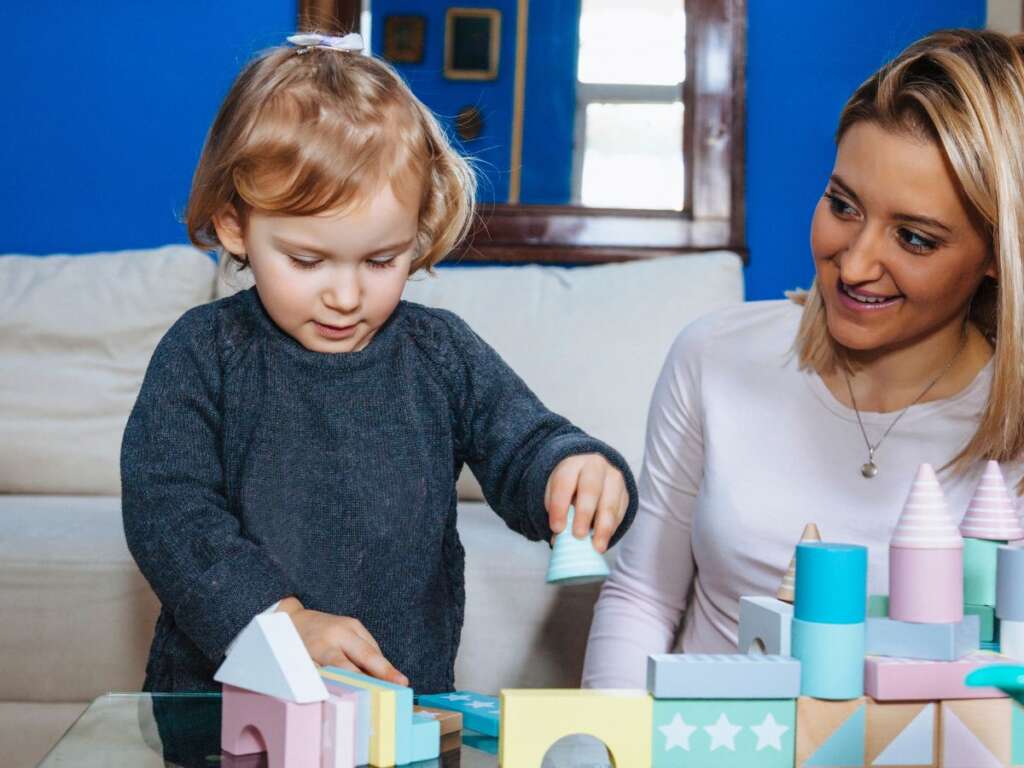Share This Article
The importance of mothers in building creativity in children cannot be overstated. From the moment a child is born, a mother’s role in shaping their creative development begins. In this article, we will look into mothers’ crucial role in nurturing creativity in their children. From early childhood to the following years, mothers are significant in sparking imagination, curiosity, and innovation. Let us explore the ways mothers can inspire and support their child’s creative journey.
The influence of a mother on a child’s creative journey is significant, acting as both the first audience and the supporter. Mothers have a unique and essential role in building creativity in their children, providing a safe space where imaginative spirits can flourish. Mothers lay the foundation for curiosity, innovation, and a lifelong appreciation for creativity. They achieve this by encouraging exploration and celebrating every artistic endeavour. This exploration looks into how mothers can nurture their children’s imaginative sparks. This will also ensure that they grow up believing in the power of their ideas and the joy of creative expression.
1. The Creative Foundation in Early Childhood
Creativity is often seen as a natural and inherent trait in children. But, mothers also play a significant role in cultivating and nurturing this creative spirit from the early years of childhood.
a. A Safe and Nurturing Environment
Mothers provide a safe and nurturing environment where children can explore their creative impulses. This sense of security is essential for young minds to experiment and take risks.
b. Encouraging Play

Play is the foundation of creativity in early childhood. Mothers encouraging unstructured playtime allow their children to develop their imagination. This also helps in enhancing their problem-solving abilities.
2. Fostering Curiosity and Exploration
Mothers can trigger their children’s curiosity and encourage them to explore the world around them.
a. Answering Questions
Children are naturally curious and ask countless questions. Mothers who take the time to answer these questions and engage in discussions build a love for learning and curiosity.
b. Field Trips and Adventures

Mothers who organise trips to museums, parks, and cultural events provide their children diverse experiences. These experiences stimulate creativity and broaden their horizons.
3. Cultivating a Love for the Arts
Mothers can introduce their children to the art world, nurturing a deep appreciation for creativity in various forms.
a. Artistic Expression
Encouraging children to express themselves through art, whether drawing, painting, or crafting, allows them to develop their creative talents and self-expression.
b. Experiencing Music and Dance

Exposing children to music and dance performances or even taking them to music lessons can instil a lifelong love for the arts and encourage creative expression.
4. Storytelling and Imagination
Mothers have a unique ability to weave captivating stories that trigger their children’s imagination and love for storytelling.
a. Bedtime Stories
The tradition of bedtime stories builds a love for reading and stimulates imaginative thinking as children immerse themselves in tales of adventure and fantasy.
b. Encouraging Creative Writing

Mothers can encourage their children to write stories, poems, or journal entries, allowing them to explore their thoughts and ideas through writing.
5. Problem-Solving and Critical Thinking
The importance of mothers in building creativity in children extends to developing problem-solving and critical-thinking skills.
a. Encouraging Independence
Mothers who allow their children to make decisions and solve problems independently help instill confidence in their problem-solving abilities. This approach also nurtures their creativity.
b. Brain Teasers and Puzzles

Engaging children in puzzles, riddles, and brain teasers challenges their minds and encourages them to think creatively to find solutions.
6. Celebrating Mistakes and Failures
Mothers who teach their children that mistakes are a natural part of the creative process help them embrace failure as an opportunity to learn and grow.
a. Embracing Imperfection
Children should learn that perfection is not the goal; creativity is about experimentation and learning from mistakes.
b. Encouraging Resilience

Mothers can teach their children to face challenges and setbacks positively, nurturing a resilient approach to creative activities.
In conclusion, the importance of mothers in building creativity in children is immeasurable. From providing a safe and nurturing environment to sparking curiosity, introducing them to the arts, and nurturing problem-solving skills, mothers influence their children’s creative development. Mothers’ support, encouragement, and love during a child’s early years lay the groundwork for a lifetime of imagination, innovation, and artistic expression. As mothers continue to embrace their roles as creative nurturers, they empower their children to explore their creative potential and shape a brighter future.
